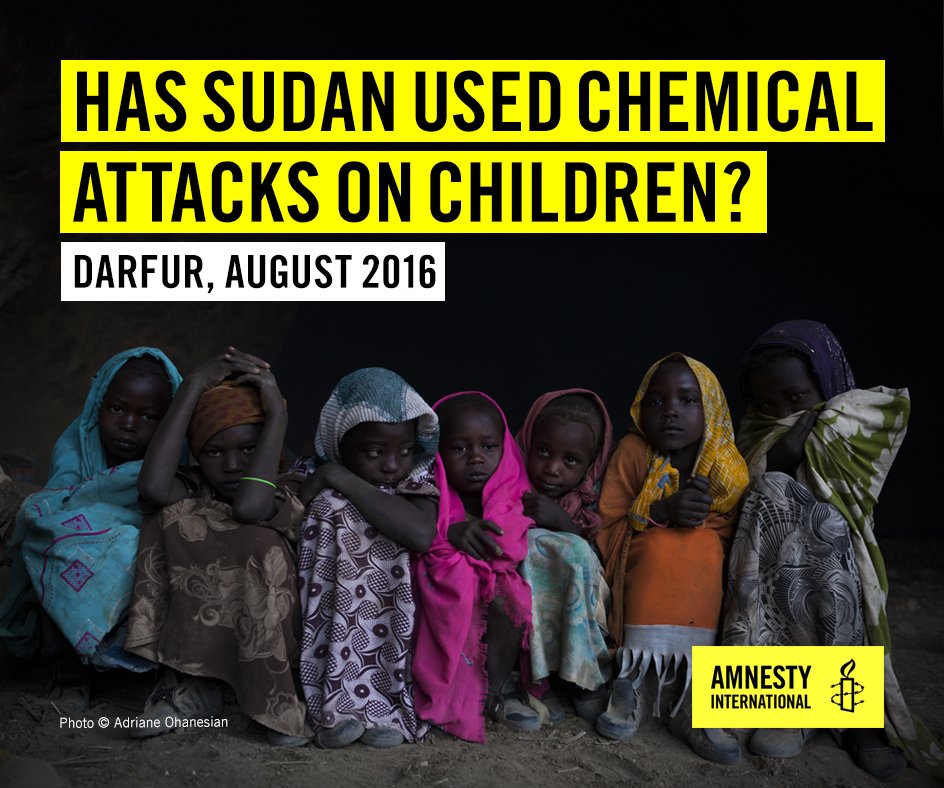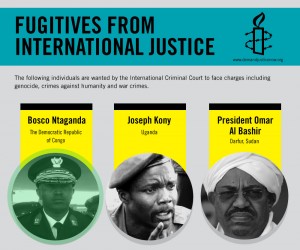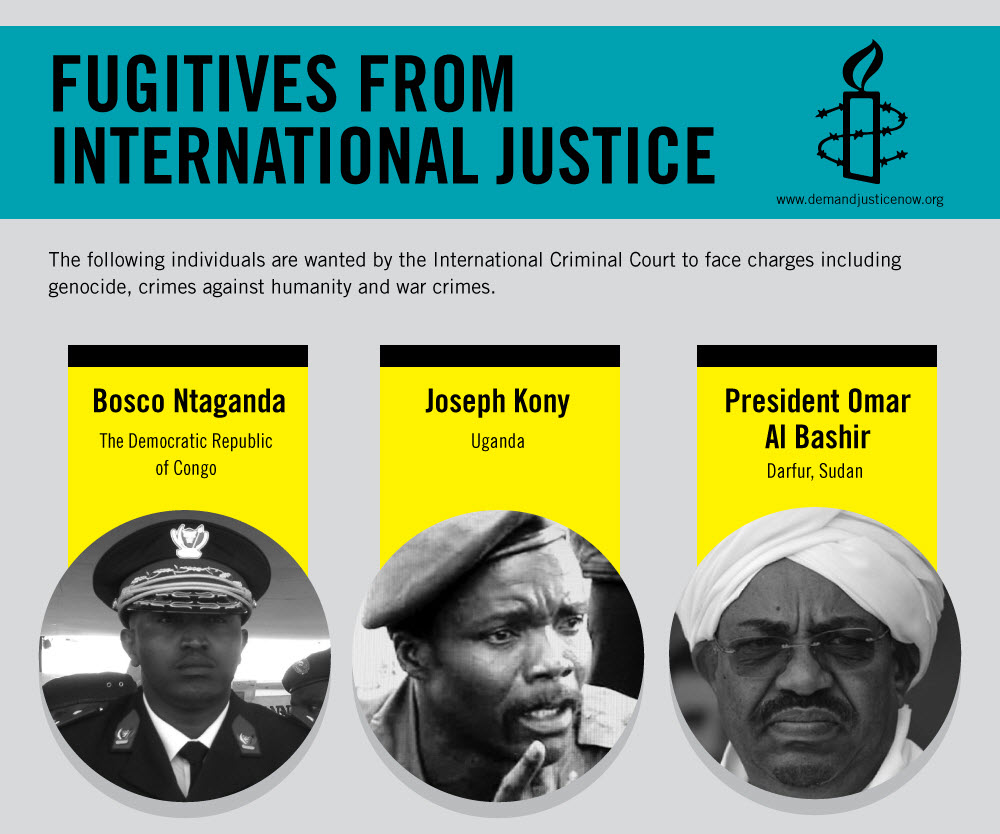In the midst of what feels like an exceptionally tumultuous time in the world and in the Middle East and North Africa particularly, it is easy to let certain issues fall by the wayside. With international intervention in Libya, continued clashes in Egypt, and the escalation of conflict in Bahrain, the people of Sudan cannot afford for the international community to forget about them.
In the past week, clashes between the South Sudan army and rebels have killed at least 70 people. Continued fighting over the disputed oil-producing region of Abyei threatens to derail peace talks between the north and the south.
The tense political climate has led Sudan’s ruling National Congress Party to take action to crush opposition. It has cracked down on opposition party members, students, and activists through violence and illegal detentions. This week the government threatened to silence internet-based dissent by using “cyber jihadists”.
Fighting in the Darfur region, where villages continue to be burnt down, has forced an estimated 66,000 people—mainly women, children, and the elderly—to seek safety in internally displaced persons (IDP) camps since January of this year, according to the UN Office for the Coordination of Humanitarian Affairs (OCHA).

The mass movement of IDPs to camps has placed “considerable strain” on resources and services, said Georg Charpentier, the UN humanitarian coordinator in Sudan, as arriving IDPs have led to increased demand for protection, food, and sanitation facilities.
Threats to the safety and wellbeing of the people of Sudan remain, and mounting political tension and violence related to the north-south split brings an increased risk of further human rights abuses in the upcoming months. We must keep up international pressure to continue to monitor and protect human rights in Sudan.
Take action to ensure accountability for crimes committed in Darfur
You can also take action now against the illegal detention of political dissenters and human rights advocates
Sara Harden, Africa Program, contributed to this blog post




 Just over a year ago the African continent saw the birth of its newest country, South Sudan. Like many other African countries, its road to independence was marked by terrible violence and bloodshed.
Just over a year ago the African continent saw the birth of its newest country, South Sudan. Like many other African countries, its road to independence was marked by terrible violence and bloodshed.


